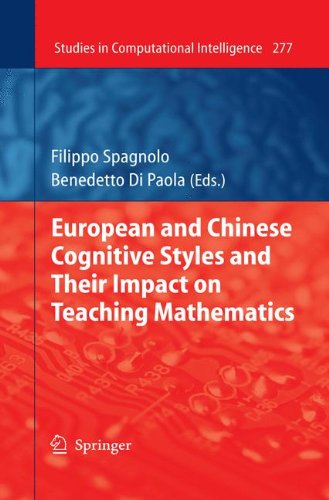

Most ebook files are in PDF format, so you can easily read them using various software such as Foxit Reader or directly on the Google Chrome browser.
Some ebook files are released by publishers in other formats such as .awz, .mobi, .epub, .fb2, etc. You may need to install specific software to read these formats on mobile/PC, such as Calibre.
Please read the tutorial at this link: https://ebookbell.com/faq
We offer FREE conversion to the popular formats you request; however, this may take some time. Therefore, right after payment, please email us, and we will try to provide the service as quickly as possible.
For some exceptional file formats or broken links (if any), please refrain from opening any disputes. Instead, email us first, and we will try to assist within a maximum of 6 hours.
EbookBell Team

4.1
90 reviewsThe book provides strong evidence that research on the cognitive processes from arithmetic thought to algebraic thought should take into consideration the socio-cultural context. It is an important contribution to the literature on linguistic structure in comparative studies related to Chinese student mathematics learning.
This book not only makes a great contribution to research in mathematics education, the findings of this study also addressed insightful approaches and thoughts of understanding the development of algebraic thinking in cultural contexts for classroom teachers. Using written Chinese language from different theoretical references provided wonderful approaches for understanding student algebra cognitive development in a different way and calls educators for to pay special attention to an epistemological and linguistic view of algebraic development. The findings inform classroom teachers that the cultural context plays an important role in student learning mathematics. A typical analysis of the cognitive dimension involved in some in the historical and cultural contexts is a great resource for classroom teachers.
I really enjoyed reading this book and learned a lot from its compelling analysis.
Shuhua An, Associate Professor and Director of Graduate Program in Mathematics Education, California State University, Long Beach